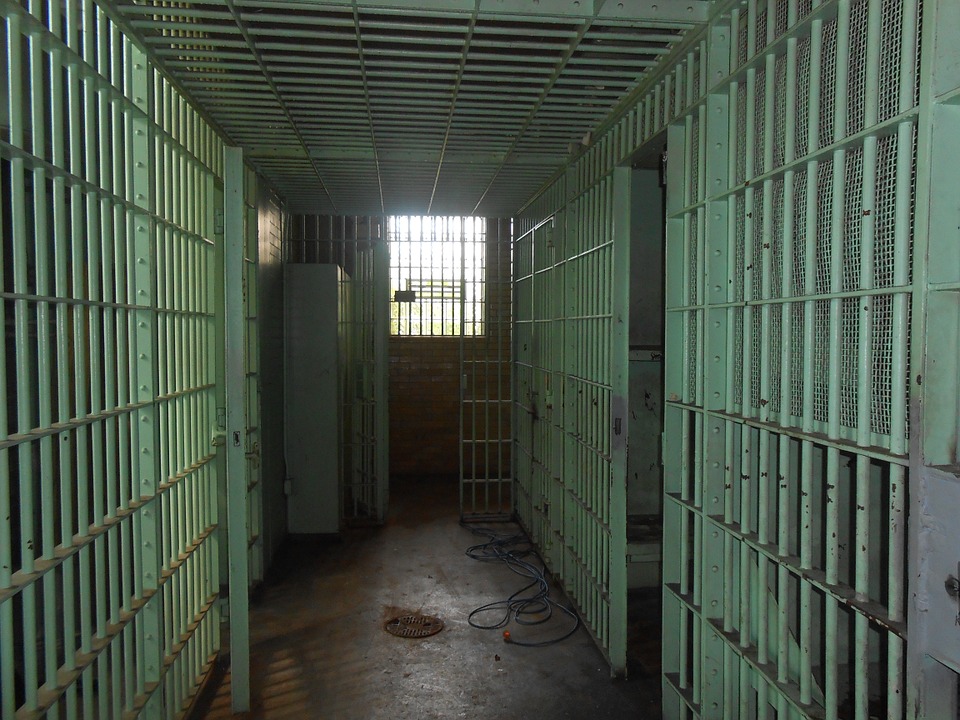Our China company formation lawyers spoke with a software company the other day with fifteen “independent contractors” in China they view as “part of the corporate family.” This company was looking to form a WFOE in China, but they said they were in no rush.
The first thing we did was tell them that what they were doing in China is completely illegal. We explained how China pretty much never allows for independent contractors and they essentially had fifteen employees. We then told them that because they did not have a China company actually employing these fifteen people, what they are doing is 100% illegal.
We then told them of how China has stepped up its efforts to rid the country of both foreigners and foreign companies that are conducting business there illegally. We also told them how their existing structure puts all their China assets at huge risk because they do not own them. A company operating illegally in China is not positioned to be able to assert IP rights against anyone in China. Their other China assets are at risk because the Chinese government will likely seize them when it discovers what they are doing.
They seemed interested in getting legal until we explained how doing so would greatly increase their China operating costs. We told them how forming a WFOE would necessitate their incurring the following additional costs/expenses:
- WFOE formation fees and costs. They expected this.
- They would need to lease office space from an approved landlord. This is a requirement for WFOE approval and this would likely increase their office rent.
- For every $1,000 in employee salaries, they would probably need to pay about $400 (40%) in employer taxes and benefits.
- In addition to the employer taxes, their employees will need to start paying income taxes.They told us they thought their “independent contractors” were already paying all required taxes, but we told them this was almost certainly not the case and their going legal would almost certainly cause their “independent contractors” to demand higher salaries to make up for their take home pay being reduced by having to start paying income taxes.
We then discussed the advantages of having a WFOE, including the following:
- You are operating legally. Your risk of the Chinese government shutting you down tomorrow has essentially disappeared.
- You are much better positioned to do real business in China because you are legal.
- You are much better positioned to protect your IP in China because you are legal.
- You are much better positioned to terminate employees because you do not need to keep them forever for fear they will report you to Chinese government authorities.
We then reiterated how the Chinese government is aggressively pursuing “independent contractors” for failing to pay their own taxes and going after the foreign businesses that use independent contractors for back-due Chinese income tax and related business fees and taxes. Most importantly, the government also seeks to take action for back taxes against any representative (i.e., individuals) of the foreign company who happen to come to China. When the number of illegal employees is large, the claim for back taxes can be quite large, as can the interest and the penalties.
China’s tax authorities typically time their raids on illegal businesses to ensure that a representative of the foreign company is on site and they do not let the foreign representative leave China until tax resolution/payment is achieved.
In other words, doing the “independent contractor thing” without having a registered business in China is asking for trouble. Big trouble.

























